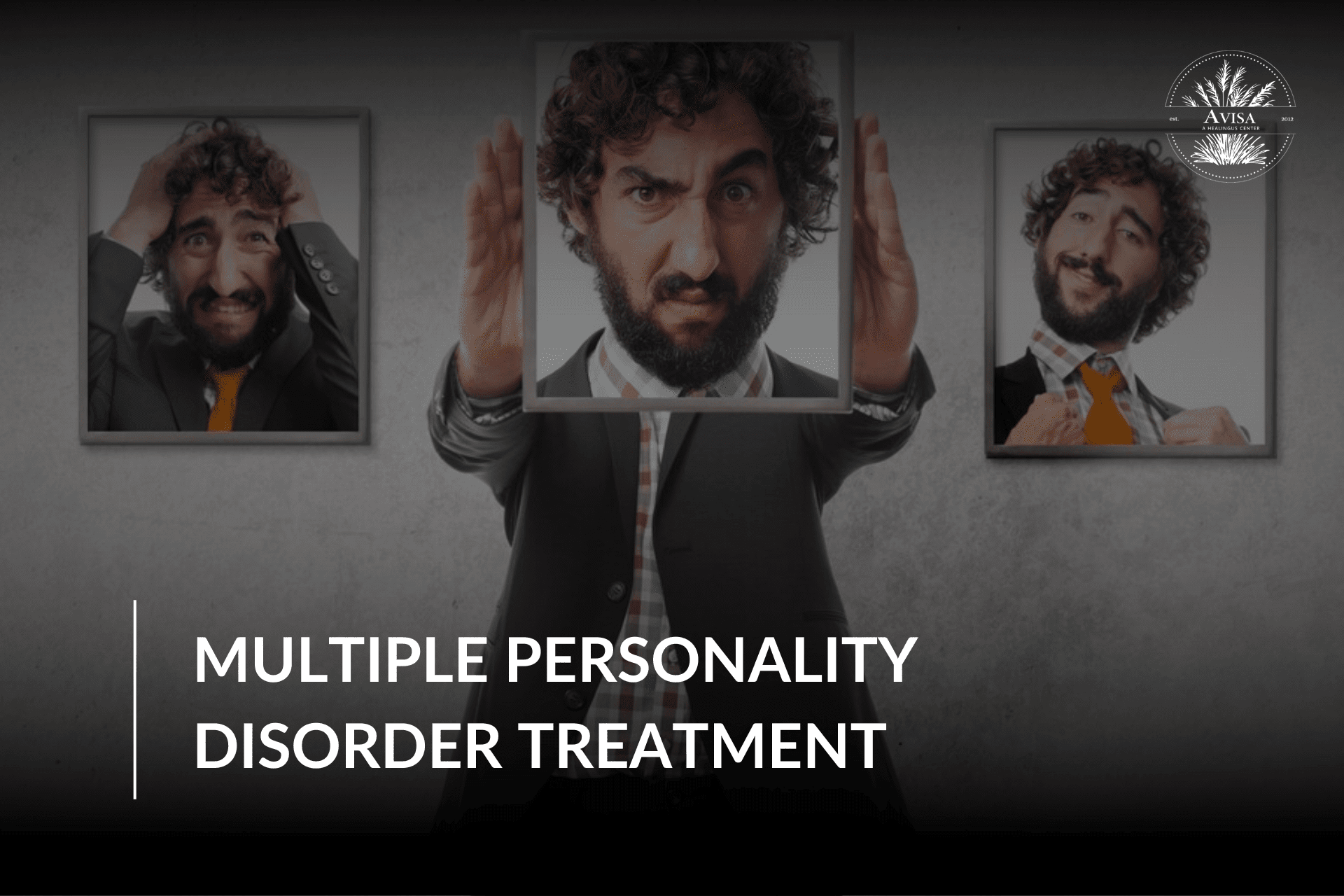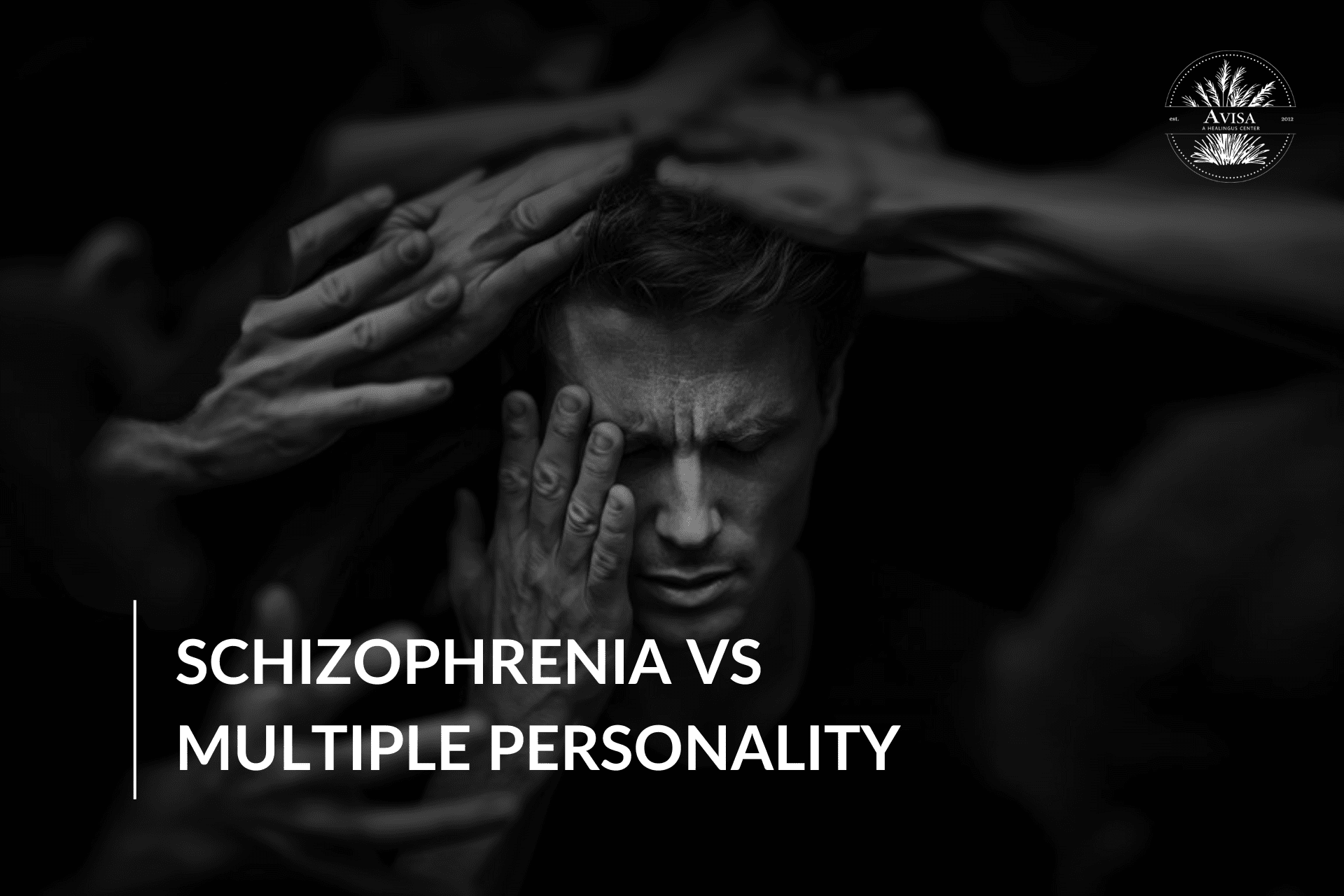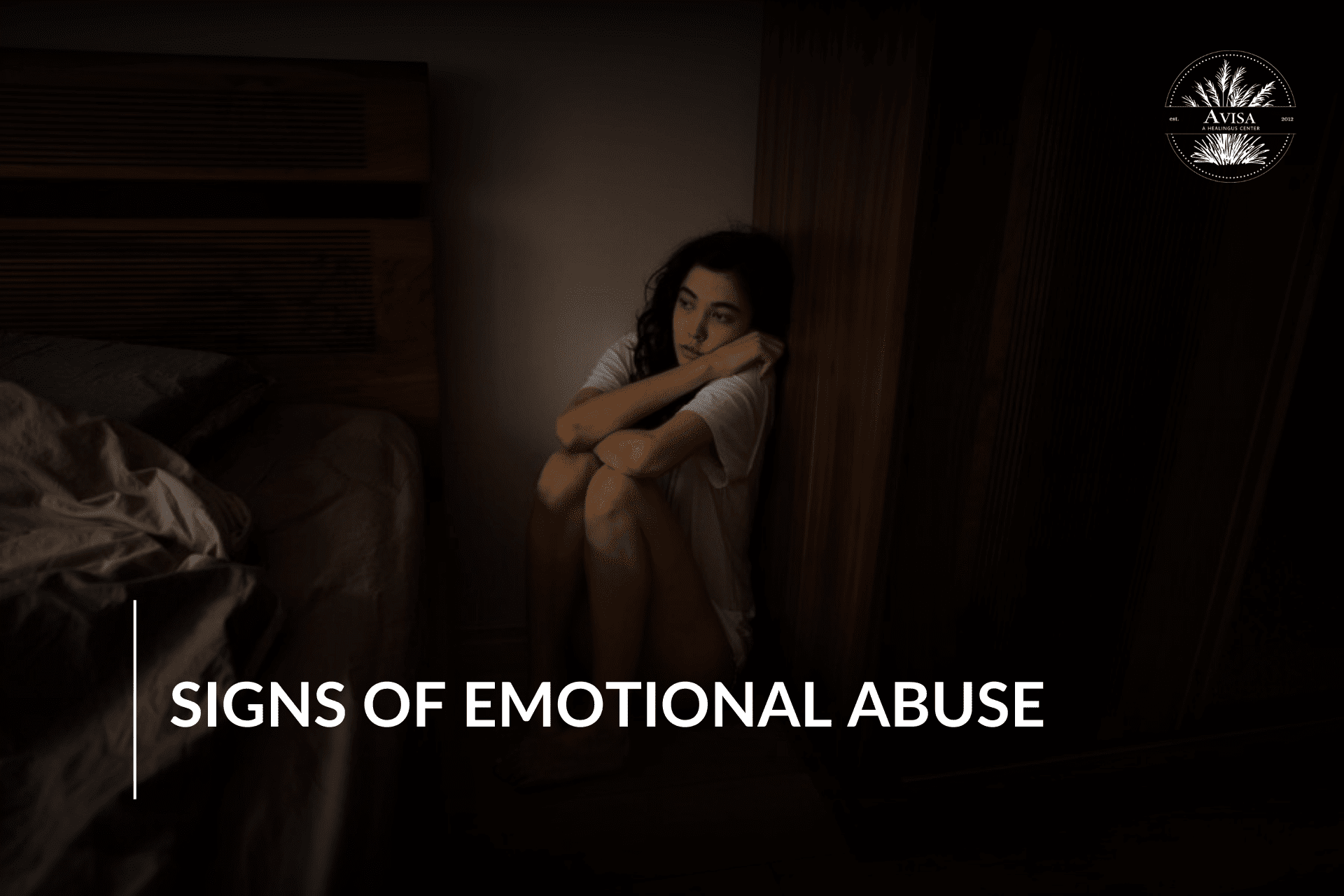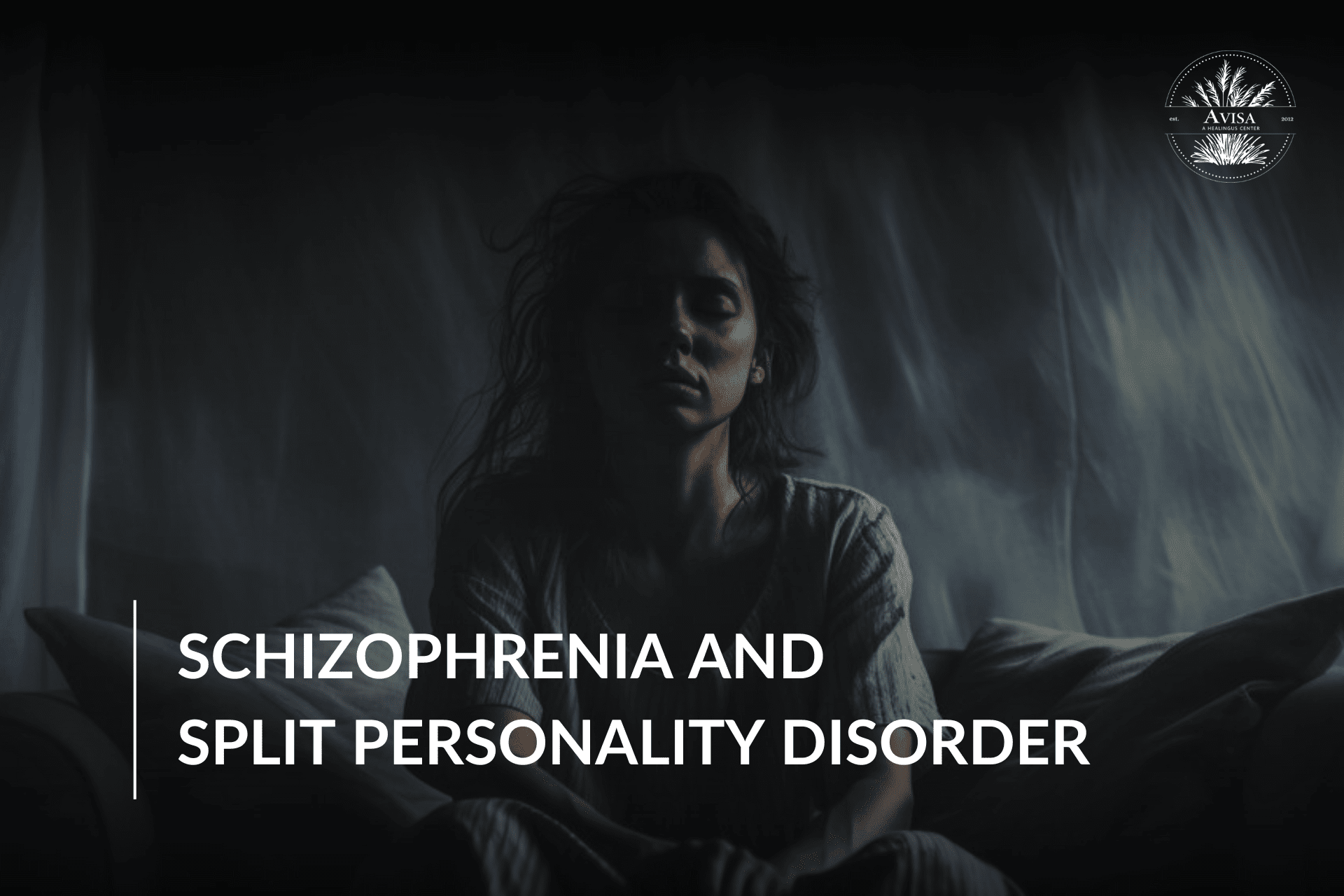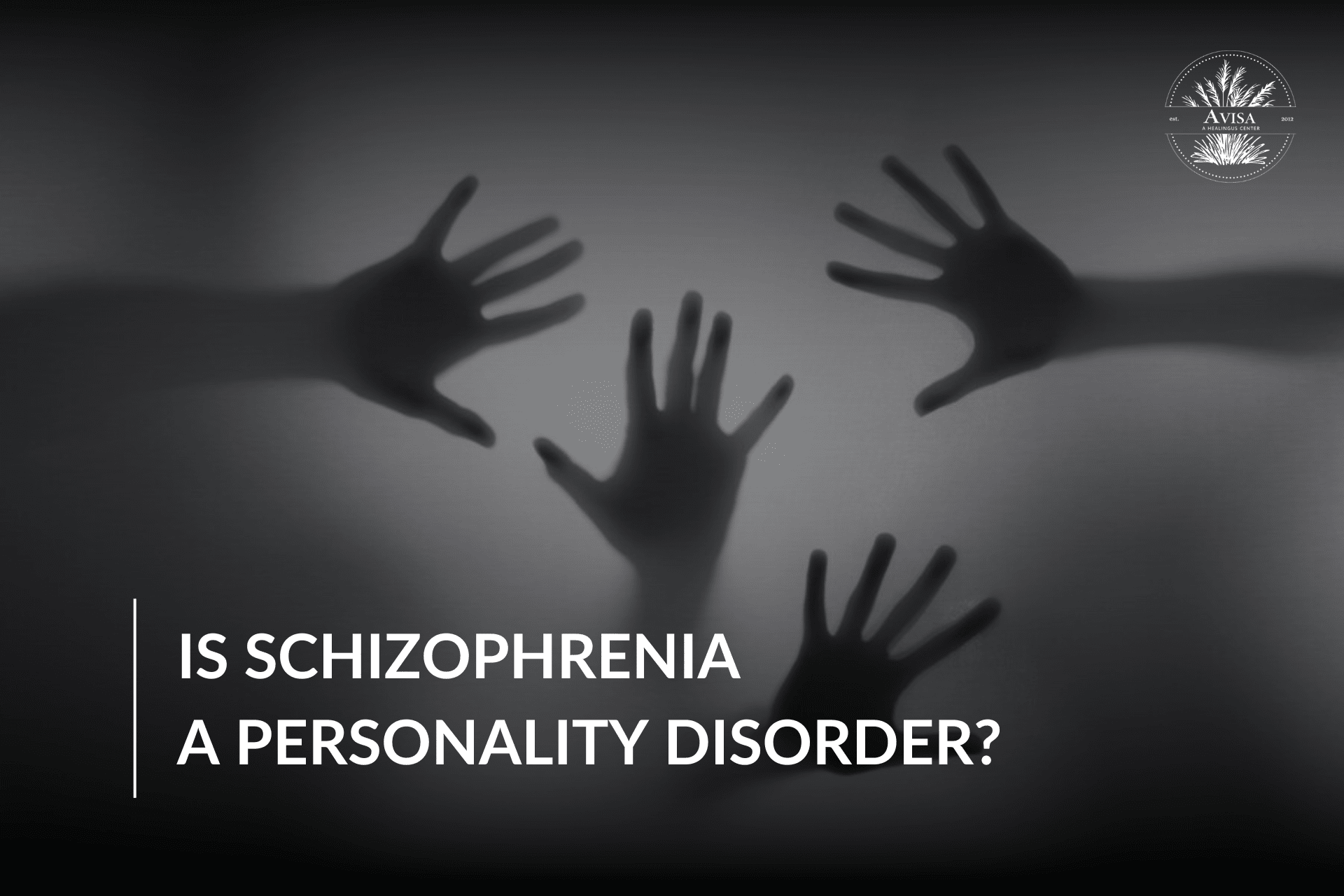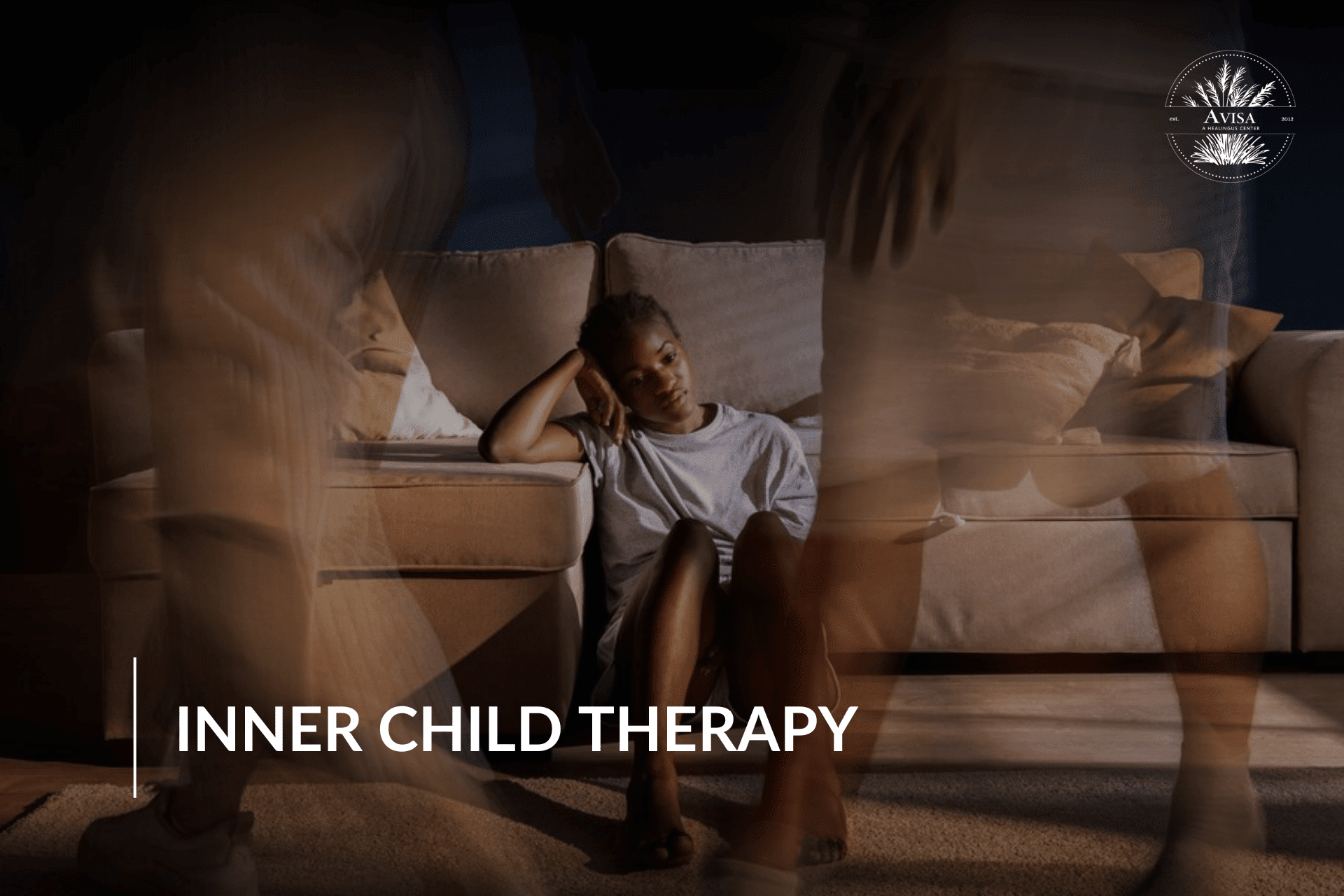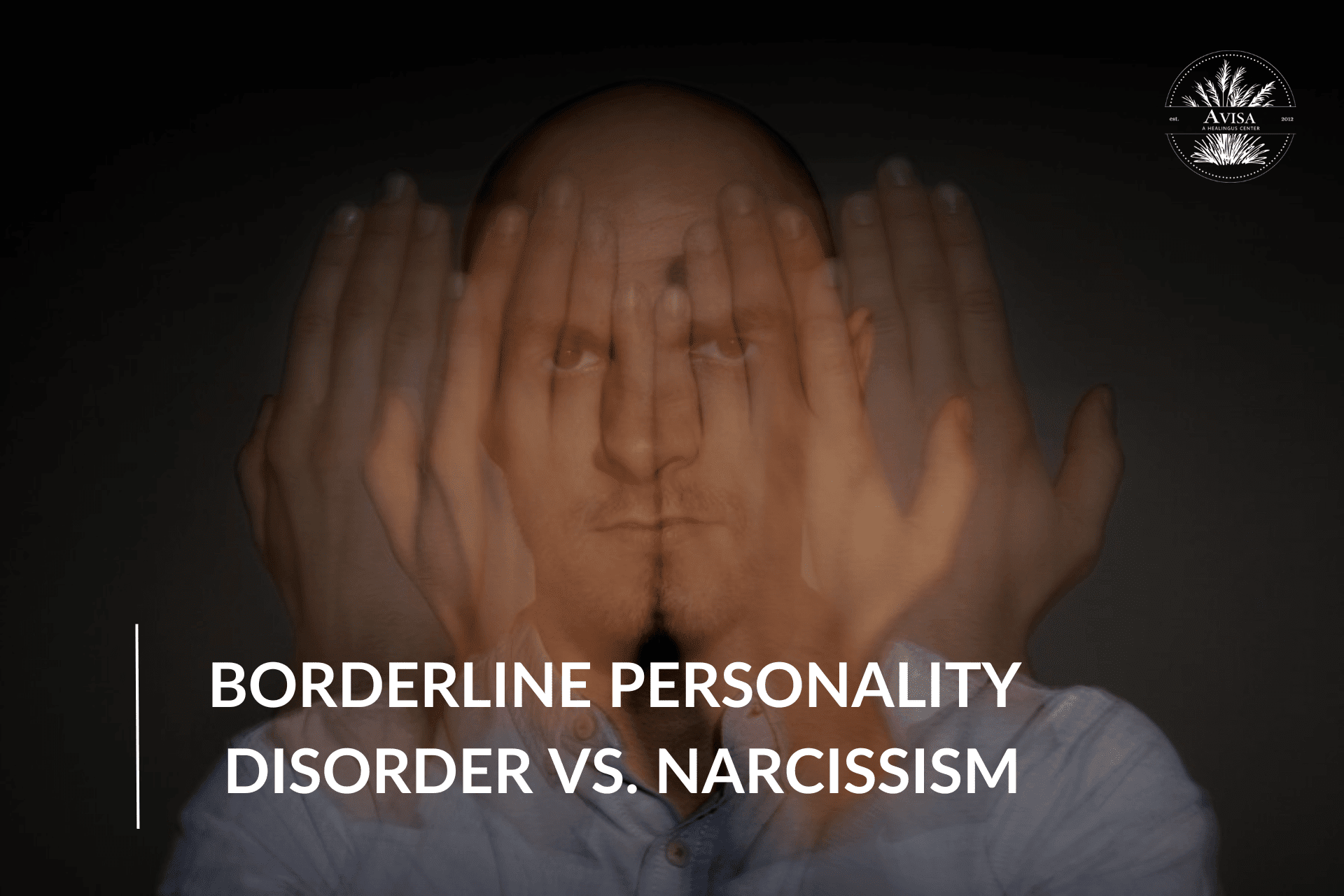ACT for depression is one of the widely used forms of therapy that allows the person to get out of depression by understanding themselves in the most friendly manner.
We live in a time where maintaining our mental health is more critical than ever. In a world where we are constantly striving to reach our goals, have a perfect relationship, and live a lavish life, our minds are overwhelmed by unwanted burdens. Depression is one of these burdens that wreak havoc on our mental state. A depressed person may feel isolated, and unloved and form negative and false beliefs about themselves and the outside world. It is essential to get our minds out of this state before it affects our mental health.
In this blog, we will help you navigate your current mental state and thoughts to understand yourself better. We will also provide you with information on how ACT for depression works as a remedy to get out of your depressed state.
Is the weight of sadness making each day a struggle?
With effective treatments like ACT, medication, and CBT, you can find the support you need to understand and navigate your feelings.
What is ACT for depression?
ACT works like a magic potion for people suffering from depression. People with depression often avoid talking about their mental state and isolate themselves from social circles. This further aggravates the symptoms and causes harm to their mental well-being. ACT during depression comforts and supports the person like a best friend. This therapeutic approach reduces the fight against depressive symptoms and creates a more understanding relationship with the person’s mental experiences. ACT helps the person to see their condition through a new lens and to recover through it with strength and resilience.
ACT for depression: Benefits and Techniques
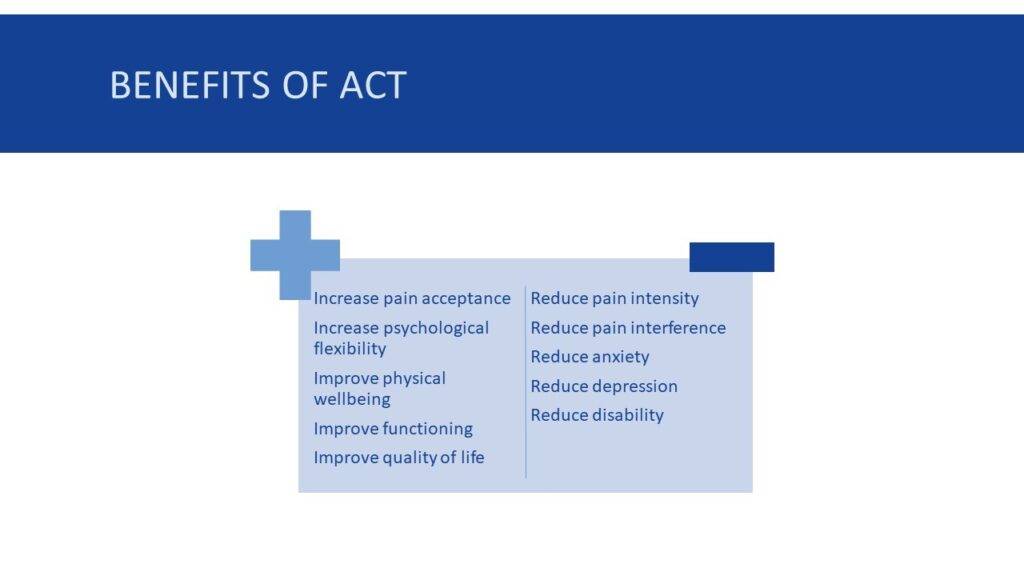
1. It acts as a toolbox to manage anxiety and Stress
ACT provides tools to help manage anxiety and stress. Depression fuels the amount of anxiety and stress a person experiences. ACT for depression helps a person recognize and observe the thoughts that cause stress in them. Once they recognize their triggers, they can better control and manage their stress
2. Helps in overcoming Depressive thoughts
The state of depression gives birth to negativity and self-doubt. ACT helps people cope with challenging emotions and situations without becoming overwhelmed by negativity. According to a study published in the Journal of Affective Disorders, ACT interventions provided significant relief from depressive symptoms and were more effective in helping moderately depressed individuals.
3. Reduces the risk of Substance use disorder relapse
Substance Use Disorder creates a negative influence on the mind and health by making it hard for a person to resist addiction. ACT during this condition encourages accepting cravings and detaching from the thoughts and emotions that trigger the desire to use substances. Research by NCBI concludes that success has been achieved using ACT either as monotherapy or in combination with other therapies in the treatment of individuals with SUD.
4. Useful in managing nonadherence symptoms
ACT helps people cope with the consequences of non-adherence. It allows people to accept the difficulties they may face with the treatment plan, like side effects or discomfort, and to distance themselves from their negative feelings and thoughts about the treatment plan. It also encourages taking small and actionable attempts toward their treatment goals.
Techniques of ACT for managing depression
1. Practice mindfulness
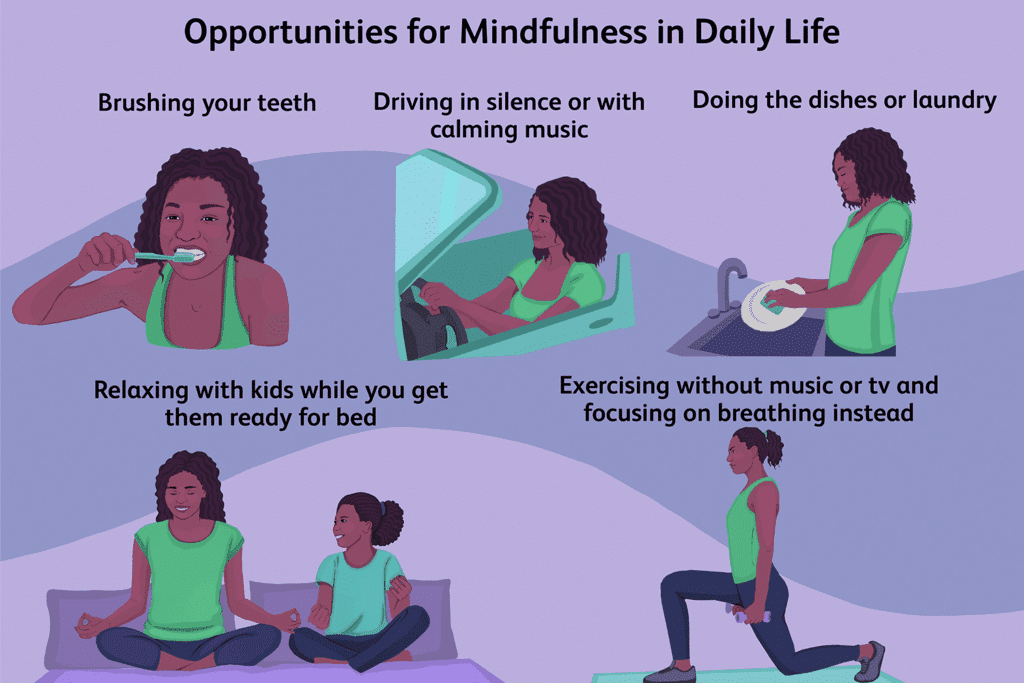
The mindful technique removes depressive thoughts by creating an awareness of the present moment. John W. Denninger, director of research at Harvard-affiliated Massachusetts General Hospital says- “When you meditate, you are better able to ignore the negative sensations of stress and anxiety, which explains, in part, why stress levels fall when you meditate”. Thus meditation exercises such as yoga and breath asanas are considered beneficial during depression.
2. Balance in perspective
The Balanced Perspective helps you see yourself as a seesaw. Your problems and anxiety are on one side of the seesaw, and your values and goals are on the other. It motivates you to put your weight on the positive side so that the negative side of your mind doesn’t take over your thoughts and feelings. This helps you to acknowledge the tough thought or feeling, but also to focus on your strengths and your values.
3. Identifying and committing to values
This technique is focused on self-awareness and self-discovery of what is most important in our lives. It encourages us to set small, attainable goals, one at a time. In a state of Depression, we fall into a vicious cycle of negativity and lethargy. ACT for Depression helps us to break out of this cycle and lead a healthy life.
4. Acceptance of unwanted feelings
This technique helps you to become more accepting of negative and undesirable thoughts. People suffering from depression often live in a state of denial, which destroys their mental health. Accepting negative feelings in this situation is a step on the path to a healthier you.
5. Cognitive defusion
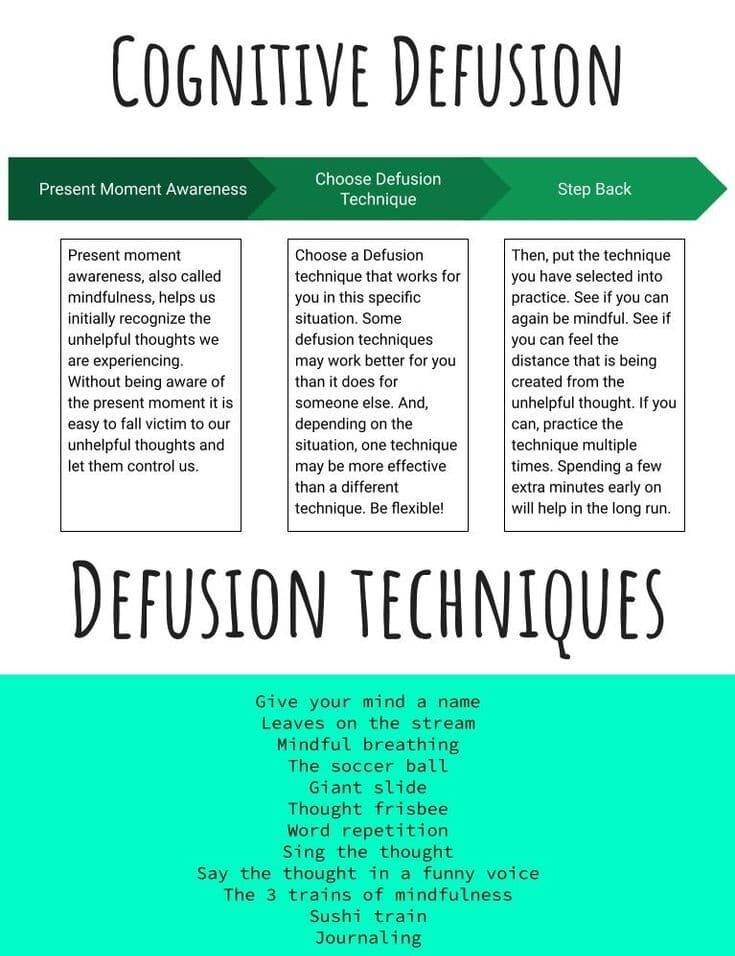
Cognitive defusion is a form of humor therapy that can be used to treat depression. When you laugh at your depressive thoughts, it can help to lighten your mood. This can help you regain your self-esteem and accept who you are without feeling ashamed. In a study conducted by Sciencedirect defusion condition decreased the stimulus functions (i.e., emotional discomfort and believability) associated with depressive thoughts more so than the usual condition across all participants.
Real-life Application of ACT for depression
When depressive thoughts take over your mind, shift your focus from “ why you are feeling this “ to “how can I get over this”. Instead of drowning yourself deeper into negative thoughts, discover your escape rope. ACT’s committing-to-action technique is useful during this time when you feel like there’s no end to your mind’s constant chatter. Set small, actionable goals for yourself to make a change that will create a new space for you away from your unwanted self. This could be as simple as a few pages of a self-help book or a journaling exercise to remove the clutter of your thoughts.
A depressed person becomes their own worst critic. But with cognitive defusion, you can put a face and a name to your critic and think of them as a third person. This third person can be someone who has a negative opinion about you that you don’t care about and can let go easily. This will not bother your mind when unwanted thoughts pop up out of the blue
Getting Started with ACT
You can self-start your ACT journey with the help of online resources, support groups, or under the guidance of therapists. You can undergo ACT for depression therapy in face-to-face sessions, guided online courses, or through interactive apps. The duration of a typical session is between 30 and 60 minutes, with treatment lasting between 6 and 12 weeks. For those whose schedules don’t permit long sessions, micro-learning is a practice therapy technique designed for 10-minute daily sessions. Several ACT group sessions also help navigate depression with acceptance, and self-compassion.
Your guide to finding an ideal therapist for ACT
ACT treatment becomes much more fruitful with the support of a therapist. Here are 3 simple steps to help you find the right therapist for you.
1. Identify and define your needs
First, assess your current mental state and determine the root cause of your worries. Once you’ve identified the root cause, you can easily share it with others and look for a specialist in that field. It also includes budgeting decisions.
2. Begin the search
Once you know what you need, you can begin the process of finding a therapist that is right for you. You can begin by looking through online directories such as ACBS: and Psychology Today, or by asking your doctor, family, or friends for referrals.
3. Make a decision
Once you’ve selected the strategy and therapists that best fit your needs, you can get in touch with them directly to find out what they’ve experienced with ACT, how they approach anxiety, and how much they charge. You can also schedule some trial consultations. Meet with a few different therapists to see if you’re comfortable talking to them candidly. This way, you’ll be able to get the most out of your ACT therapy and begin your journey to a depression-free life.
Tired of fighting addiction and mental health struggles?
Ignoring both deepens the struggle. Our holistic approach—detox, therapy, and medication-assisted treatment—can help you heal. Take the first step today.
FAQs
1. What is the ACT method of mental health?
The ACT method of mental health focuses on improving overall mental well-being through its therapeutic solutions. It focuses on enhancing one’s psychological flexibility that enables a person to accept the challenges instead of denying or fearing them.
2. Who is ACT therapy good for?
ACT therapy is most effective for an individual suffering from mental health issues. These issues might include general anxiety disorder, substance use disorder, and other conditions such as depression. However, it’s only a solution and not a cure for such disorders.
3. What is ACT VS CBT?
ACT and CBT are both psychologically and scientifically backed approaches used to manage mental health challenges. While CBT focuses on fighting negative thoughts and changing them for the betterment, ACT believes in acceptance and embracing every aspect of our emotions and life.
4. Is CBT better than ACT for depression?
Both ACT and CBT have different ways of treating mental health conditions. When it comes to making the right choice, its effectiveness varies depending on the type of depression, individual preference, and connectivity with the approach. It’s best to contact a medical health professional before moving ahead with any of these approaches.
5. Is ACT therapy effective for depression?
Several research studies have found that ACT for Depression is effective in reducing depressive symptoms, preventing relapse, and improving overall well-being. Its effectiveness often varies from person to person, depression type, and the skills of the therapists in treating the condition
Conclusion
The secret to a happy self is not to be searched outside but within the self. ACT will help you get over your depressed state of mind with acceptance of your “ unfavourite version”. There is a negative and a positive inside of each of us. We love our good side, but we often deny our bad side. These negative feelings can have a huge impact on us and affect our quality of life. Accepting your worst phase of life is the best way to welcome the light that lies ahead. When you learn to accept yourself and commit to yourself, you’ll enjoy your life more than ever before.
We, at Avisa Recovery, treat mental health and drug use disorders as delicately and complexly as possible, with the highest level of care and effectiveness. We utilize various techniques and therapies to get the right results for our clients. Helping individuals achieve long-term recovery and improved quality of life is our main objective. Our program integrates the most recent research and evidence-based practices into a dynamic, connected community of clinical and medical specialists.



